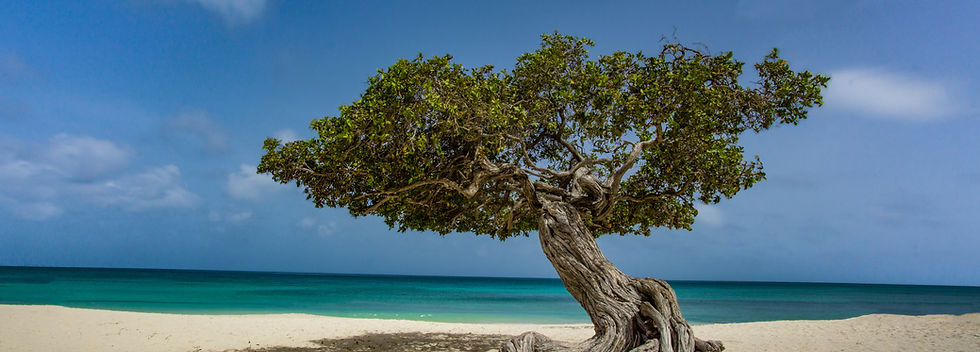TASK FORCE KINDERRECHTEN

NEWS | ARUBA
The children's telephone has been around in Aruba for 22 years. It was founded in 1999 by a group of people who mainly wanted to offer a listening ear to the children in Aruba. Over the years, they have professionalised and entered into partnerships, among others with Setar N.V., the Ministry of Telecommunications, Biblioteca Nacional, the Central Bureau of Statistics, the Ministry of Education, Social Affairs Department and Bureau Sostenemi.
We spoke with James Sneek, Director at the Child Helpline and, together with Sacha Geerman, a member of the International Taskforce Children's Rights on behalf of Aruba. ‘Twenty-two years later, the child helpline is available every day and plays a central role on the island,’ says James, ‘especially in the preventive sector.’ Children and youngsters know how to find the child helpline as a referral station, but also at times when they simply want to share something with someone.
The child helpline can be reached in various ways. Via telephone line 131, via email and a chat system, all free of charge and anonymously. The app was also launched in 2014 and it turned out to be a great success with more than 4000 downloads within a year. Via the 131 app, children and youngsters can also contact the mentors of the child helpline. They can choose from 42 emotions on the app, so that a mentor immediately knows how to make contact. They can then choose to call, email or chat. The app also contains a small social map with organizations that can be important for children and youngsters. In addition to being useful, kids can also play games with the app's avatar.
The child helpline aims to prevent problems arising for children and youngsters as much as possible and for this reason is proactive in outreach. For the child helpline, this meant that, in addition to the opening hours of the child helpline, they started to focus on providing information within society. ‘We are well aware of what is going on among them through the conversations with the children and youngsters,’ says James. Based on the topics that are discussed most often, the child helpline gives lectures, workshops and training at schools, scouting, after-school care, the Rotary, Kiwanis and more. Each year they reach an average of 9,000 children, youngsters, parents and professionals.
In 2020, the schools closed on March 16, which meant that the lectures, workshops and training sessions could no longer take place there. ‘We had to fight to stay open,’ says James, ‘but after 3 reports of suicidal tendencies, we got permission from the crisis team.’ In addition, they had to introduce extra hygiene measures, including how to properly sanitize the telephones when changing shifts. During the lockdown, the child helpline was able to stay open and they also took the opportunity to digitize all lectures. When the schools reopened in mid-May, they immediately gave a workshop called "E Normal Nobo", The New Normal. With this workshop, the child helpline has mainly focused on offering children and youngsters the space to share how they experienced the lockdown. In particular, they found themselves struggling with the mental pressure of distance learning and having to miss grandparents, friends and after-school activities.
Before the pandemic, Child Helpline collaborated with St. Eustatius to setup a Helpline there, but due to the small scale of the island, it was decided that reports from St. Eustatius would be accepted in Aruba. In March, April and May of 2020, they also accepted the reports of those children and youngsters via an email address. This construction is currently on hold pending collaboration with the telephone services of both islands.
For 2021, there is an update scheduled to the app. ‘We want children who for example are illiterate or dyslexic, to still be able to contact us,’ says James, ‘which is why we want to introduce the option to send us voice notes.’ They are working on expanding the group of mentors and establish new collaboration protocols with organizations as well.